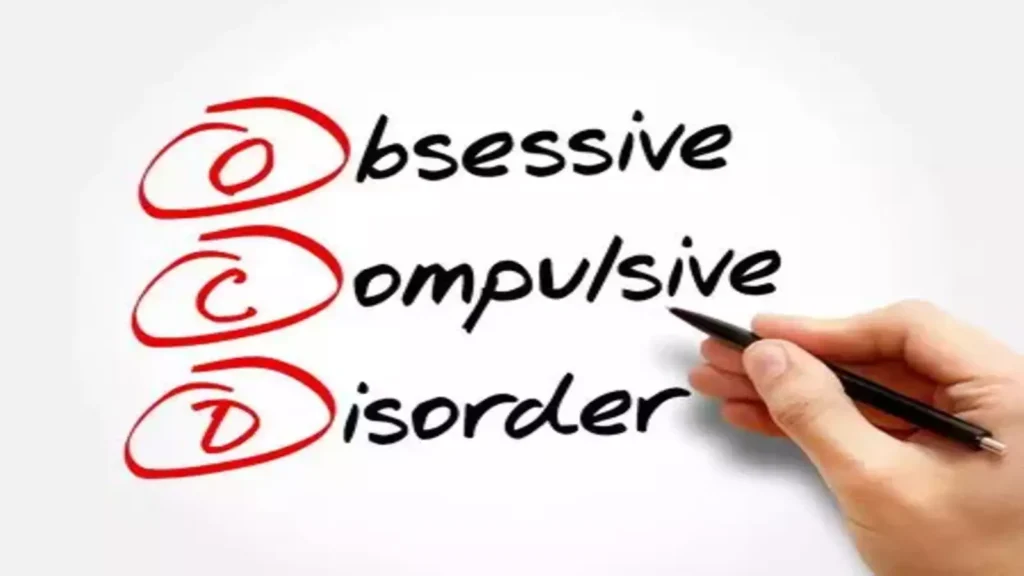Dr D Venkateshwar Rao

Living with Obsessive-Compulsive Disorder (OCD) can often feel like being trapped in a cycle of unwanted thoughts and repetitive behaviors. You might find yourself unable to stop certain thoughts from invading your mind, or feel the overwhelming need to perform certain rituals to reduce the anxiety these thoughts cause. While OCD can be exhausting, you don’t have to face it alone. There’s help available to guide you towards breaking free from these compulsive cycles and regaining control over your life.
At SmartMinds, we understand that OCD isn’t just about being overly tidy or needing things in a specific order—it’s a serious condition that can interfere with your daily activities and relationships. Whether you’re struggling with obsessions (recurrent, intrusive thoughts) or compulsions (repetitive behaviors performed to reduce anxiety), counseling can help you manage these symptoms effectively and lead a more fulfilling life.

Counseling is a highly effective way to treat OCD, and it’s often centered around Cognitive Behavioral Therapy for OCD(CBT-OCD), particularly a specific form known as Exposure and Response Prevention (ERP). In ERP, you’re gradually exposed to situations or thoughts that trigger your obsessions, and instead of performing the compulsion, you learn to tolerate the anxiety without resorting to repetitive behaviors. Over time, this process reduces the power of the obsessions and compulsions, enabling you to regain control.
For example,imagine a person who feels compelled to wash her hands multiple times after touching an object might work with a psychologist to gradually reduce this compulsion. With suitable guidance and counseling, she might start by touching an object and resisting the urge to wash her hands, slowly increasing the time she can tolerate the anxiety without performing the ritual. This approach helps to diminish the compulsive behavior over time.
Another example, imagine someone who has obsessive thoughts about harm coming to their loved ones may work through these fears by learning to accept uncertainty and tolerate the discomfort of not engaging in compulsive checking behaviors. Over time, this process helps reduce the anxiety tied to these obsessive thoughts.
OCD can make everyday tasks feel impossible, and the constant cycle of obsessive thoughts and compulsive actions can drain your energy. It’s easy to feel like you’re stuck, but counseling provides the tools and support you need to challenge these patterns. You’ll learn how to break the cycle, regain control over your thoughts, and learn healthier ways of managing your anxiety.
If you find yourself spending more and more time on rituals or battling intrusive thoughts that interfere with your daily life, it’s time to reach out for help. You don’t have to continue struggling in silence. At SmartMinds, we are committed to helping individuals with OCD break free from these cycles and move toward a life of greater ease and balance.
You deserve to feel at peace, without being controlled by your thoughts or actions. By working with us, you’ll gain the tools to manage OCD and reduce its impact on your life. The sooner you start, the sooner you can begin the journey toward relief. Reach out today and let us help you reclaim your life from OCD.

Copyright © 2025 Smartmids All rights reserved